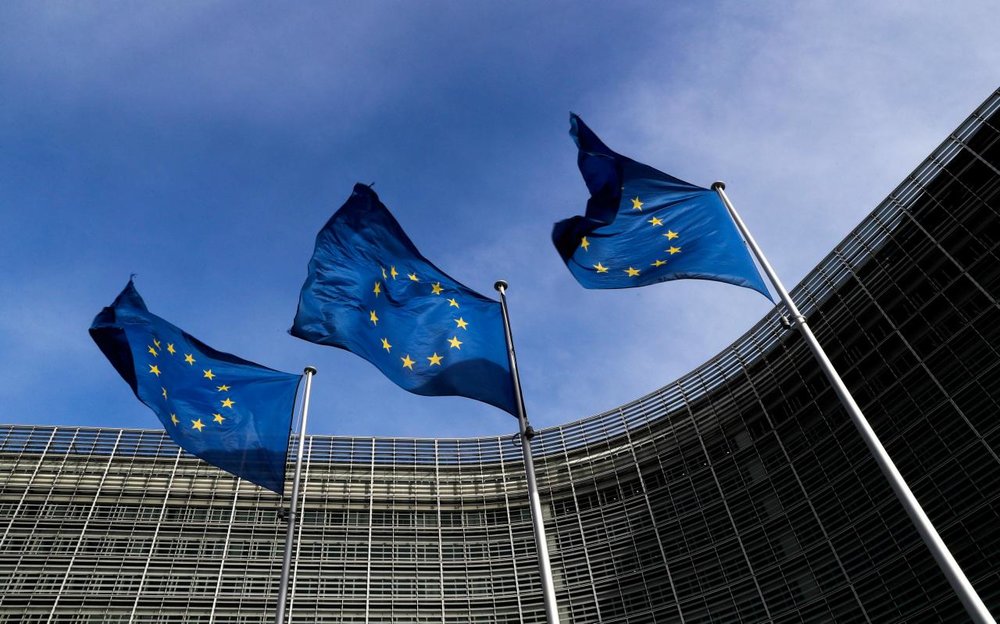European MPs warn U.S. over scrapping JCPOA

MPs from Britain, France and Germany have warned the U.S. Congress of damage to transatlantic credibility and conflict in the Middle East if Washington pulls out of the Iran nuclear deal, officially called the Joint Comprehensive Plan of Action (JCPOA).
The U.S. may withdraw from the agreement next month.
Around 500 lawmakers from the three EU member states on Thursday urged the U.S. Congress to save the JCPOA, pointing out in a letter that the U.S. is moving towards abandoning the nuclear deal despite Iran living up to its obligations.
“Not a drop of blood was spilt” in crafting the nuclear agreement, 500 lawmakers from Germany, France and Britain write to the U.S. Congress.
The Trump administration has demanded that the 2015 nuclear accord be “fixed” by May 12; otherwise, the United States may reinstate sanctions on Tehran and effectively kill the accord despite Iran's compliance.
The lawmakers from the three European countries that were signatories to the deal warned that abandonment of the nuclear accord would create a source of conflict in the Middle East.
Thirteen years of negotiations with Iran allowed the international community “to impose unprecedented scrutiny on the Iranian nuclear program, dismantle most of their nuclear enrichment facilities…,” they said in the letter, Deutsche Welle reported.
“Not a drop of blood was spilt,” they wrote.
A U.S. withdrawal would create “lasting damage to our credibility as international partners in negotiation, and more generally, to diplomacy as a tool to achieve peace and ensure security.”
Lawmakers said a U.S. withdrawal from the nuclear deal would create “lasting damage to our credibility as international partners in negotiation, and more generally, to diplomacy as a tool to achieve peace and ensure security.”
German Chancellor Angela Merkel and French President Emmanuel Macron will head to Washington next week to press the Trump administration to stay in the accord signed by the three European powers, Russia, China and the United States.
A U.S. withdrawal would open a deep divide between the United States and Europe, despite common concern over Iran’s ballistic missile program and its support for Syrian President Bashar Assad.
The European MPs said that although they “share the concerns expressed by many vis-à-vis this Iranian behavior, [they] are deeply convinced that these issues must be treated separately” outside of the nuclear accord.
Iranian leaders have signaled that Tehran's response to a U.S. withdrawal would be dictated by the stance of European powers, especially ensuring that Iran benefits sanctions be lifted under the nuclear accord.
European governments led by Britain, France and Germany are considering taking non-nuclear related sanction action against Iran over its ballistic missile program and support for the Syrian government in order to appease the Trump administration in a bid to save the nuclear accord.
